Are you looking for a Commercial Kitchen?
 The Co-Packing Network: From the membership of our partners, The Commercial Kitchens Association, there are numerous Commercial Kitchens (also Kitchen Incubators, Shared Kitchens, Food Innovation Centers, Commissaries , Culinary Kitchens, Food Labs and Food Incubators) to choose from.
The Co-Packing Network: From the membership of our partners, The Commercial Kitchens Association, there are numerous Commercial Kitchens (also Kitchen Incubators, Shared Kitchens, Food Innovation Centers, Commissaries , Culinary Kitchens, Food Labs and Food Incubators) to choose from.
Commercial Kitchens work with new food industry start-ups, small-scale producers, farmers market vendors, chefs, cooking classes, home-based bakers, caterers, food truck vendors, beginning farmers, photographers, or anyone needing a certified commercial kitchen.
Commercial Kitchens usually come with kitchen equipment, packaging equipment, ovens, gas or electric stoves, prep tables, convection ovens, walk-in refrigerators and/or freezers, prep sinks, a wash-room, loading docks for trucks, shipping prep areas, storage areas, fryers, flat-top grills, 20-quart mixers, dough sheeters and more.
www.CommercialKitchens.org

Are you looking for a Co-Packer?
 The Co-Packing Network: From the guidance of our co-founder and partner, The Contract Packaging Association, we are able not only find a contract manufacturer for your needs but also help in the process, as a project manager.
The Co-Packing Network: From the guidance of our co-founder and partner, The Contract Packaging Association, we are able not only find a contract manufacturer for your needs but also help in the process, as a project manager.
Co-Packing.org: The Packaged Goods Service Association’s Co-Packing.org answers a lot of the core questions needed for start-up and emerging brands looking to create a relationship with a contract manufacturer.


Are You Looking For a Private Label Manufacturer?

The
Packaged Goods Services Association (www.PGSA.us) and the
Co-Packing Network have come together to create a sub-group specific to the topic of private labeling (
www.PrivateLabeling.org).
We have an extensive database of private label manufacturers nationwide (in all consumer product categories) available for your needs. A-number of contract manufacturers also work with private label customers.
Private Label Sales Brokers: The Co-Packing Network can guide you also to a-number of private label sales brokers ideal to introduce your capabilities to a-number of customers nationwide.

Are you looking for to open-up your own production facility?
 The Co-Packing Network and its partners are available to help create and build out a facility for a client group. It can simply be our helping source manufacturing equipment to mapping out the complete facility with everything that is needed.
The Co-Packing Network and its partners are available to help create and build out a facility for a client group. It can simply be our helping source manufacturing equipment to mapping out the complete facility with everything that is needed.
There is a high percentage of successful food start-ups that chose to have their own facility (versus going through a contract manufacturer). Taking over an existing facility (with updates) or building a facility means different pros and cons to the brand group.
a.) Existing Facility: You may want to explore looking for an existing manufacturing facility to save costs. Re-vamping an existing building can be an ideal option.
b.) Building a Facility: If there is enough funding the efforts of building a facility would be ideal. The location is very important. Most states have financial benefits (grants, loans) relating to your choice of a location. States such as Nevada, Utah and North Carolina are very generous in their programs. Another important factor is relating to the distribution of the product.

Need Help With Packaging?
The subject of packaging itself is one of the most expensive parts of he manufacturing process. The costs for film, film plates and first order of packaging is an investment to be careful with (make sure you are 100% correct on the information on the packaging). The Co-Packing Network makes packaging one of the cornerstones in its discussions with clients.
 Our team’s packaging advisors have over 30 years’ experience in technical, design, production, thin-wall plastic packaging, extrusion, molding, labelling and Heat transfer decoration. Management, sales & marketing of packaging. Local and Overseas sourcing. Passionate about packaging technology & trends, Folding Carton, Litho-Laminate and Corrugated Packaging. Point-of-Sale, Shelf-Ready Packaging. Marketing & Promotional Printing; Large Format, Digital, Offset, Flexographic and Labels. Expertise also in developing Contract Packing and Product Co-Manufacturing arrangement. Extensive Domestic and International Pack and Print Resourcing. innovation, sustainable materials along with waste management (recycling education) production performance. Knowledgeable in start up operations, importing and shipping, warehousing & transport, Quality, FMCG and HACCP. When it comes to choosing the right packaging material for your product, you can’t go wrong by paying close attention to the details. After all, packaging may just be one of the biggest factors in making your product a success.
Our team’s packaging advisors have over 30 years’ experience in technical, design, production, thin-wall plastic packaging, extrusion, molding, labelling and Heat transfer decoration. Management, sales & marketing of packaging. Local and Overseas sourcing. Passionate about packaging technology & trends, Folding Carton, Litho-Laminate and Corrugated Packaging. Point-of-Sale, Shelf-Ready Packaging. Marketing & Promotional Printing; Large Format, Digital, Offset, Flexographic and Labels. Expertise also in developing Contract Packing and Product Co-Manufacturing arrangement. Extensive Domestic and International Pack and Print Resourcing. innovation, sustainable materials along with waste management (recycling education) production performance. Knowledgeable in start up operations, importing and shipping, warehousing & transport, Quality, FMCG and HACCP. When it comes to choosing the right packaging material for your product, you can’t go wrong by paying close attention to the details. After all, packaging may just be one of the biggest factors in making your product a success.
The right packaging not only attracts consumers, it will keep your product safe in transportation and keep it fresh. This reinforces the quality of the brand and item when customers know they can count on a fresh item from when it hits the shelf to when it’s in their hand.
Source: www.industrialpackaging.com
Packaging has grown in importance in recent years and innovative packaging is a valuable selling point in the market. Packaging ensures that offerings conform to market trends by communicating unique selling points and offering freshness and convenience. By being lightweight, packaging can reduce the carbon footprint of transportation. Consumers expect that packaging will be recyclable. International studies found that a majority of consumers think food and drink products are over-packaged and a number of them would consider boycotting a product if it didn’t meet their environmental criteria.

A client maybe to use the ingredient suppliers of their selected co-packer or commercial kitchen to save time and money. In most cases the client ends up finding sources for some of the ingredients (which maybe unusual or not used by their manufacturing partner). There are a number of sources for ingredients in general, mostly being either direct manufacturers or from distributors.
From The Experts: Will the brand take care of ingredient sourcing or let the contract manufacturer take care of it? Key points to consider before making the decision: traceability, quality assurance, regulatory awareness, financial consideration, availability of specialty ingredients.
Notation: Ingredient suppliers will usually give free samples to the manufacturing partner for a client’s needs to use in test runs.
Ingredient sourcing is one of the most important things to consider when questioning a co-packer. If your raw ingredients are top quality and the co-packer will do the sourcing, you must ensure they will match the integrity profile of your brand. It may take a while to find balance between the quality and cost of your product. Coming up with, or refining, your recipe to meet scale may include a lot of back and forth, including some compromise on your part. However, if you choose a co-packer that already makes the type of product you produce, they should have a list of sources and vendors readily available for you to select the ingredients you prefer.
“The co-packer usually has better buying power, which can be beneficial to the developer of the product, both in price and consistency of ingredients,” Denis notes. The exception: If you have a niche product and need a specific ingredient that the co-packer doesn’t want to source or carry, “then it is worth sourcing it out yourself,” he adds.
Before you start, run a test batch with the new ingredients so you can get feedback from customers and family, and then tweak the recipe if needed. Test for taste, shelf stability, and nutritional profile.
Source: Specialty Food Association
The Co-Packing Network handles ingredient sourcing for most of its clients (either for direct manufacturing or going through a co-packer). We are partners with a-number of regional and national ingredient suppliers.




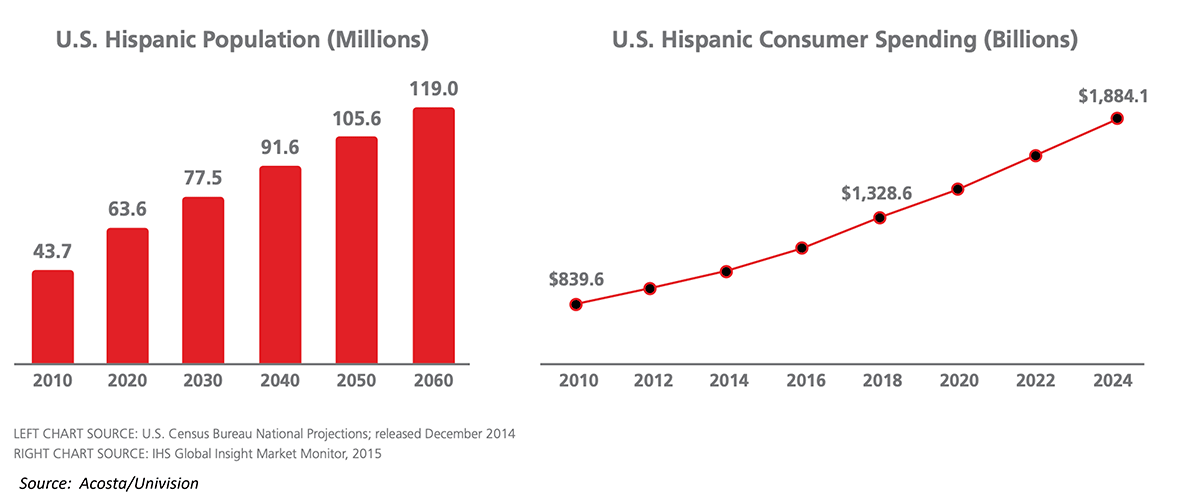
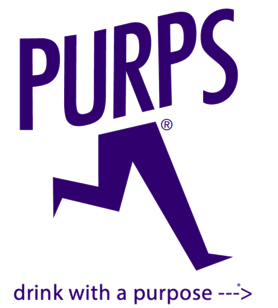 Created by World Renown Surfer, Kelly Slater and RVCA Apparel Founder, Pat Tenore, Purps Organic Energy Drinks are ideal for trampoline parks for additional sales for their customers.
Created by World Renown Surfer, Kelly Slater and RVCA Apparel Founder, Pat Tenore, Purps Organic Energy Drinks are ideal for trampoline parks for additional sales for their customers.
 Both of our founders, Kelly Slater and Pat Tenore have a long-history with being involved with the surfing and martial arts communities of Mexico. Our in-store marketing will include both sports (surf and martial arts camps, events, sponsorships, events, prizes and more). The Purps Team will be available anytime to discuss specific marketing ideas.
Both of our founders, Kelly Slater and Pat Tenore have a long-history with being involved with the surfing and martial arts communities of Mexico. Our in-store marketing will include both sports (surf and martial arts camps, events, sponsorships, events, prizes and more). The Purps Team will be available anytime to discuss specific marketing ideas.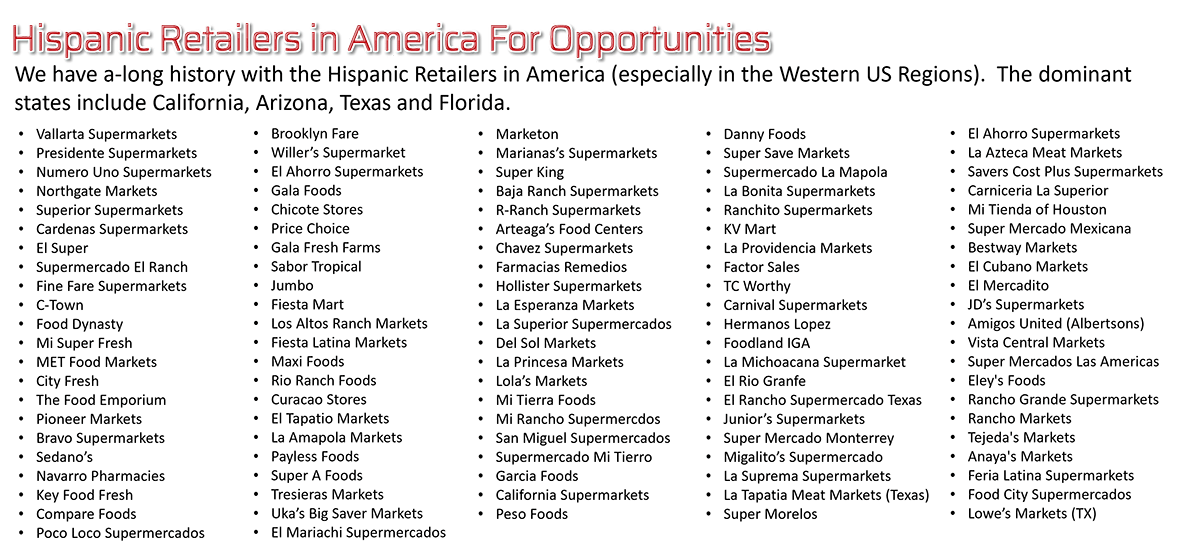
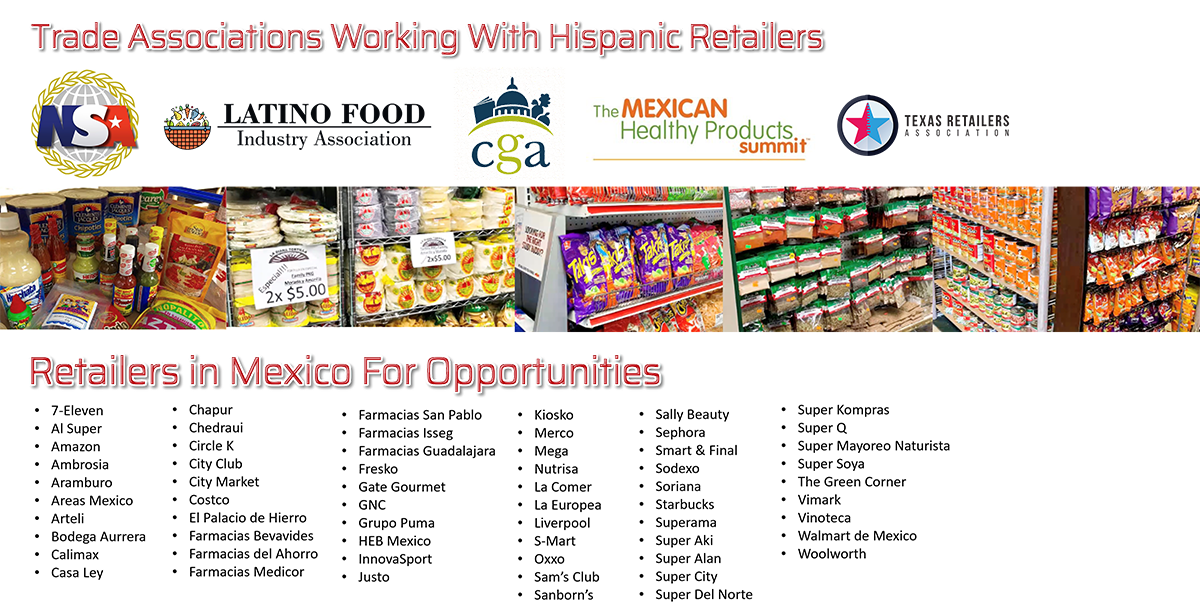


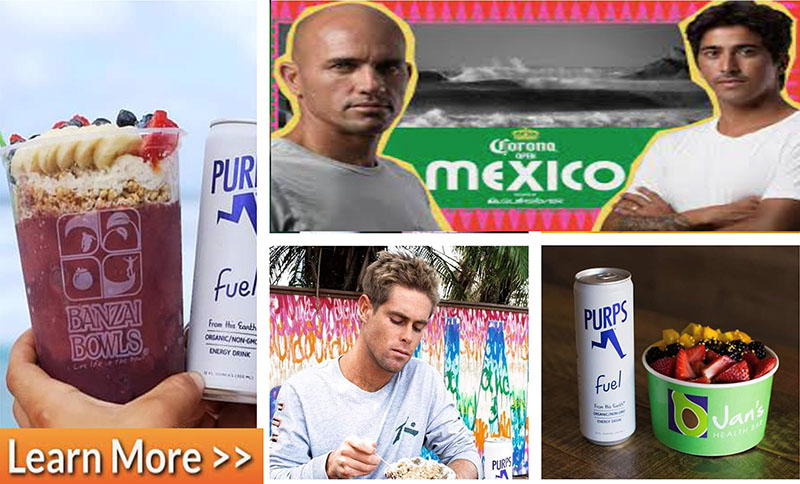
 The Co-Packing Network: From the membership of our partners, The Commercial Kitchens Association, there are numerous Commercial Kitchens (also Kitchen Incubators, Shared Kitchens, Food Innovation Centers, Commissaries , Culinary Kitchens, Food Labs and Food Incubators) to choose from.
The Co-Packing Network: From the membership of our partners, The Commercial Kitchens Association, there are numerous Commercial Kitchens (also Kitchen Incubators, Shared Kitchens, Food Innovation Centers, Commissaries , Culinary Kitchens, Food Labs and Food Incubators) to choose from.
 The Co-Packing Network: From the guidance of our co-founder and partner, The Contract Packaging Association, we are able not only find a contract manufacturer for your needs but also help in the process, as a project manager.
The Co-Packing Network: From the guidance of our co-founder and partner, The Contract Packaging Association, we are able not only find a contract manufacturer for your needs but also help in the process, as a project manager.

 The Packaged Goods Services Association (
The Packaged Goods Services Association (
 The Co-Packing Network and its partners are available to help create and build out a facility for a client group. It can simply be our helping source manufacturing equipment to mapping out the complete facility with everything that is needed.
The Co-Packing Network and its partners are available to help create and build out a facility for a client group. It can simply be our helping source manufacturing equipment to mapping out the complete facility with everything that is needed.
 Our team’s packaging advisors have over 30 years’ experience in technical, design, production, thin-wall plastic packaging, extrusion, molding, labelling and Heat transfer decoration. Management, sales & marketing of packaging. Local and Overseas sourcing. Passionate about packaging technology & trends, Folding Carton, Litho-Laminate and Corrugated Packaging. Point-of-Sale, Shelf-Ready Packaging. Marketing & Promotional Printing; Large Format, Digital, Offset, Flexographic and Labels. Expertise also in developing Contract Packing and Product Co-Manufacturing arrangement. Extensive Domestic and International Pack and Print Resourcing. innovation, sustainable materials along with waste management (recycling education) production performance. Knowledgeable in start up operations, importing and shipping, warehousing & transport, Quality, FMCG and HACCP. When it comes to choosing the right packaging material for your product, you can’t go wrong by paying close attention to the details. After all, packaging may just be one of the biggest factors in making your product a success.
Our team’s packaging advisors have over 30 years’ experience in technical, design, production, thin-wall plastic packaging, extrusion, molding, labelling and Heat transfer decoration. Management, sales & marketing of packaging. Local and Overseas sourcing. Passionate about packaging technology & trends, Folding Carton, Litho-Laminate and Corrugated Packaging. Point-of-Sale, Shelf-Ready Packaging. Marketing & Promotional Printing; Large Format, Digital, Offset, Flexographic and Labels. Expertise also in developing Contract Packing and Product Co-Manufacturing arrangement. Extensive Domestic and International Pack and Print Resourcing. innovation, sustainable materials along with waste management (recycling education) production performance. Knowledgeable in start up operations, importing and shipping, warehousing & transport, Quality, FMCG and HACCP. When it comes to choosing the right packaging material for your product, you can’t go wrong by paying close attention to the details. After all, packaging may just be one of the biggest factors in making your product a success.






